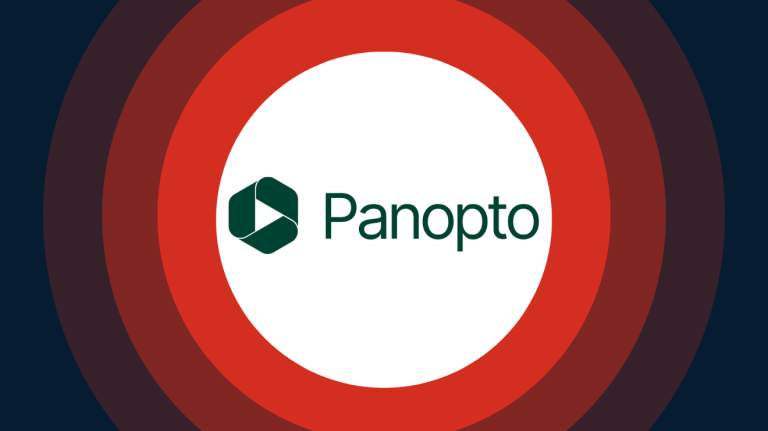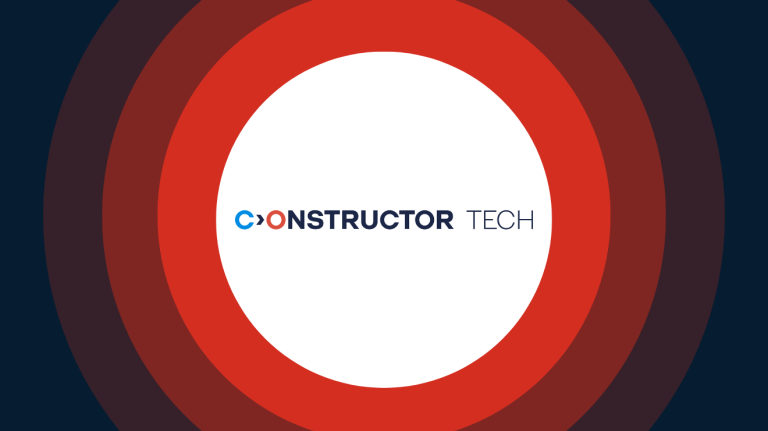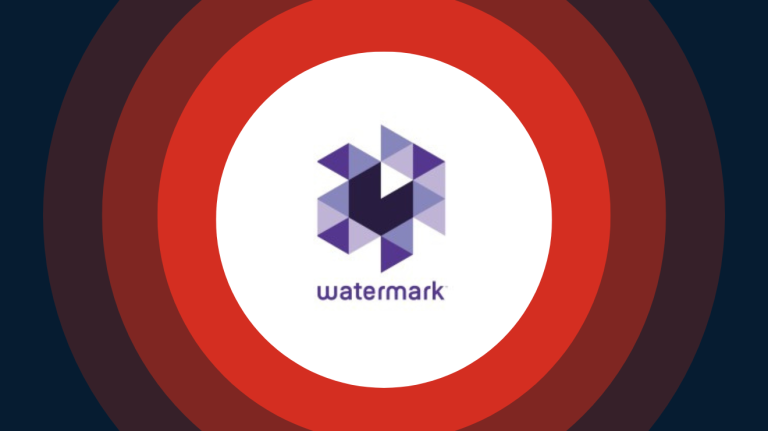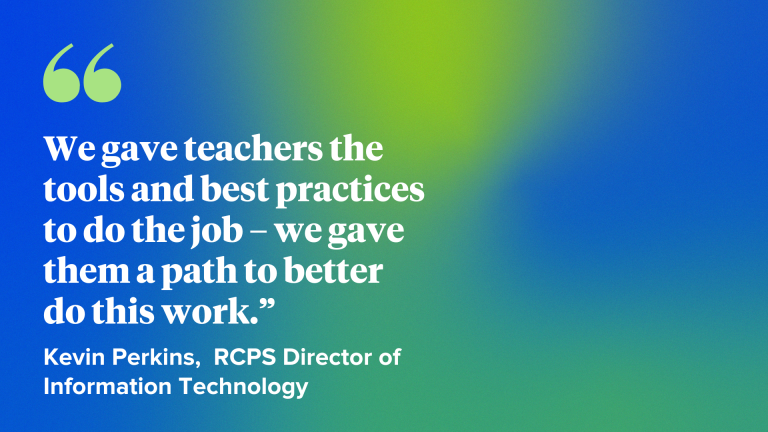The Trusted Learning Environment (TLE) Seal Program, developed by the Consortium for School Networking (CoSN) with input from 28 school system leaders across the country is a prestigious achievement for school systems that have implemented “strong, measurable, and publicly available” student data privacy practices.
Recipients must show their commitment to high standards with evidence of their student data privacy protections across 25 requirements, categorized across 5 areas: leadership, business, data security, professional development, and classroom. To date, just 17 school districts have been listed as TLE Seal Recipients, though many more are actively pursuing certification.
The TLE Framework
Leadership
“Manage and collaborate with stakeholders regarding the use and governance of student data to inform instruction.”
The TLE guidelines outline six specific requirements for school system leaders to ensure they have an adequate and current understanding of data privacy and security that is reflected in system policies and regulations. It includes setting expectations and processes, identifying an accountable party at the executive level, outlining communication plans, and allocating sufficient resources (budget) to ensure initiatives can be implemented.
Business
“Establish acquisition vetting processes and contracts that, at a minimum, address applicable compliance laws while supporting innovation.”
The four requirements in this area are all focused on vetting processes and contracts for third party online services such as apps, websites, and data management platforms with respect to data privacy and security compliance. The requirements cover process implementation, employee education and training, contract language and data sharing agreements, and enforcement.
Data Security
“Perform regular audits of data privacy and security practices and publicly detail these measures.”
There are seven specific requirements in this area focused on data privacy and security practices. School systems must publish and maintain up-to-date data privacy and security policies and practices that include specifically-defined requirements for retaining, protecting and limiting access to student data. In addition, school systems must outline a communication plan for any data incidents that may occur and have a verifiable and tested disaster recovery plan. All system policies and practices related to data security must be audited on a set schedule.
Professional Development
“Require school staff to conduct privacy and security training and offer instruction to all stakeholders.”
The four requirements in this area are intended to ensure that training and professional development include discussions of student data privacy and security in all areas, and that resources and process documentation are readily available for employees to reference. Annual training on applicable federal and state laws must be required of all employees. In addition, training and resources on student data privacy and security awareness must be offered to parents.
Classroom
“Implement educational procedures and processes to ensure transparency while advancing curricular goals.”
This area covers four requirements that teachers must follow in their daily practice. These include following a curriculum that promotes student information literacy, digital citizenship and Internet safety, using an established process for vetting and procuring edtech services used in the classroom, modeling appropriate student data use and protection, and regularly communicating clear information on student data collection, use and protection to parents.
Case Study: Rockingham County School District (TLE Seal Recipient)
Rockingham County Public Schools (RCPS) was awarded the TLE seal in June 2021 after nearly two years of work toward earning the prestigious certification. The rural Virginia district has nearly 12,000 students, and recognized the protection of student data as critical to the district’s technology infrastructure.
“As we migrated to more and more digital resources, we knew how much student data was being shared,” said Kevin Perkins, the RCPS Director of Information Technology. “We knew we had to investigate what data was being shared, what the process was and how [edtech providers] were handling it.”
One of the core areas outlined above, “Business,” requires recipients to establish edtech vetting processes and contracts for product providers that comply with applicable laws. Perkins and RCPS used LearnPlatform’s edtech efficiency tool to streamline workflows associated with requesting and adoption of tools, while ensuring each tool was compliant. He said that the platform fit within the district’s instructional model, and eased some of the burden in ensuring teachers were requesting and using compliant edtech tools.
“LearnPlatform was a good fit to help facilitate the [TLE] best practices,” Perkins said. “The tools helped streamline our workflow around tool [requests and compliance].”
A key component for RCPS was district-wide educator buy-in, which relied on transparent, consistent communication. The data privacy team, which consisted of representatives across the district, communicated regularly with teachers both about the importance of doing this work, as well as their role in the continued protection of student data.
“As a classroom teacher, you aren’t expected to be an expert on student data privacy,” Perkins said. “We just want to make sure that the digital resources [for students] are appropriate. We gave teachers the tools and best practices to do the job – we gave them a path to better do this work.”
Read the entire TLE case study here.
How LearnPlatform Can Support Your Efforts
While working with LearnPlatform by Instructure (or any third-party organization) will not guarantee you a successful TLE Seal application, it can help support your efforts to meet its requirements. Our team can help you streamline your edtech procurement processes and simplify how you manage and communicate compliance with privacy and security policies to all of your stakeholders.
The “Business Practice” area offers the most direct alignment with LearnPlatform solutions, as the platform equips school systems to streamline and customize their edtech product vetting and purchasing processes – similar to how Rockingham County School District used LearnPlatform.
The platform enables school systems to collect the information they need to ensure an edtech product is compliant with federal, state and district student data privacy policies and regulations. Additional insights from trusted third-party sources such as CommonSense Education and Project Unicorn can serve as a useful starting point for district vetting.
LearnPlatform also helps school systems take more control of their edtech procurement processes through streamlining how a requested product is vetted by stakeholders to ensure it meets district data privacy and security requirements before being approved for classroom use. It also provides teachers with an established process for vetting and procuring new edtech products. Teachers can access approved tools through an easy-to-organize product library and communicate information about compliance of edtech products in use with families.
Want to learn more about how LearnPlatform by Instructure can support your school system, including its work to achieve the TLE Seal? Contact a team member here.
Related Content
 panapto-blog-thumbnail.png
panapto-blog-thumbnail.pngBlogs
 constructor-tech-blog-thumbnail.png
constructor-tech-blog-thumbnail.pngBlogs
 canva-watermark-blog-thumbnail.png
canva-watermark-blog-thumbnail.pngBlogs

